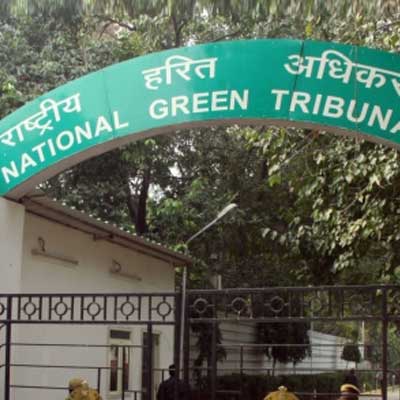

CPCL Tops NHAI’s First DPR Consultant Ranking
Chaitanya Projects Consultancy (CPCL) has secured the top position in the National Highways Authority of India’s first-ever provisional DPR consultants rating, achieving a score of 80.75 out of 100. The ranking places CPCL ahead of 55 peer firms, including Pentacle Consultants (78), L&T Infrastructure Engineering (76), MSV International Technology (74), and Transys Consulting (72).The rankings, released in the fourth week of January 2026, mark NHAI’s first structured and transparent evaluation of DPR consultants to improve quality standards under Bharatmala and other national highway p..

Panasonic Launches 57 Smart AC Models; Targets 2 Million Units by FY28
Panasonic Life Solutions India (PLSIND) has unveiled its 2026 residential air-conditioner portfolio, comprising 57 new models, and outlined plans to scale annual AC volumes to approximately 2 million units by FY28.The new range is engineered for India’s extreme climatic conditions and introduces Panasonic’s DustBuster Technology, an auto reverse-flow fan mechanism designed to expel dust from the outdoor unit, supporting consistent cooling performance and long-term durability.The 2026 line-up spans inverter and fixed-speed models, smart and hot-and-cold variants, and high-capacity solutions..

Mahindra to Build Largest Integrated Auto and Tractor Plant in Maharashtra
Mahindra Group has announced plans to establish its largest integrated manufacturing facility for automobiles and tractors in Nagpur, Maharashtra, as part of a long-term growth strategy unveiled at Advantage Vidarbha. The company has committed an investment of Rs 150 billion (bn) over a ten year period and anticipates that the Nagpur complex will commence production in 2028. The announcement places Vidarbha at the centre of Mahindra's expanded manufacturing footprint. The facility will be developed across an area of 1500 acres in Vidarbha and will be complemented by a one hundred and fifty ac..

















